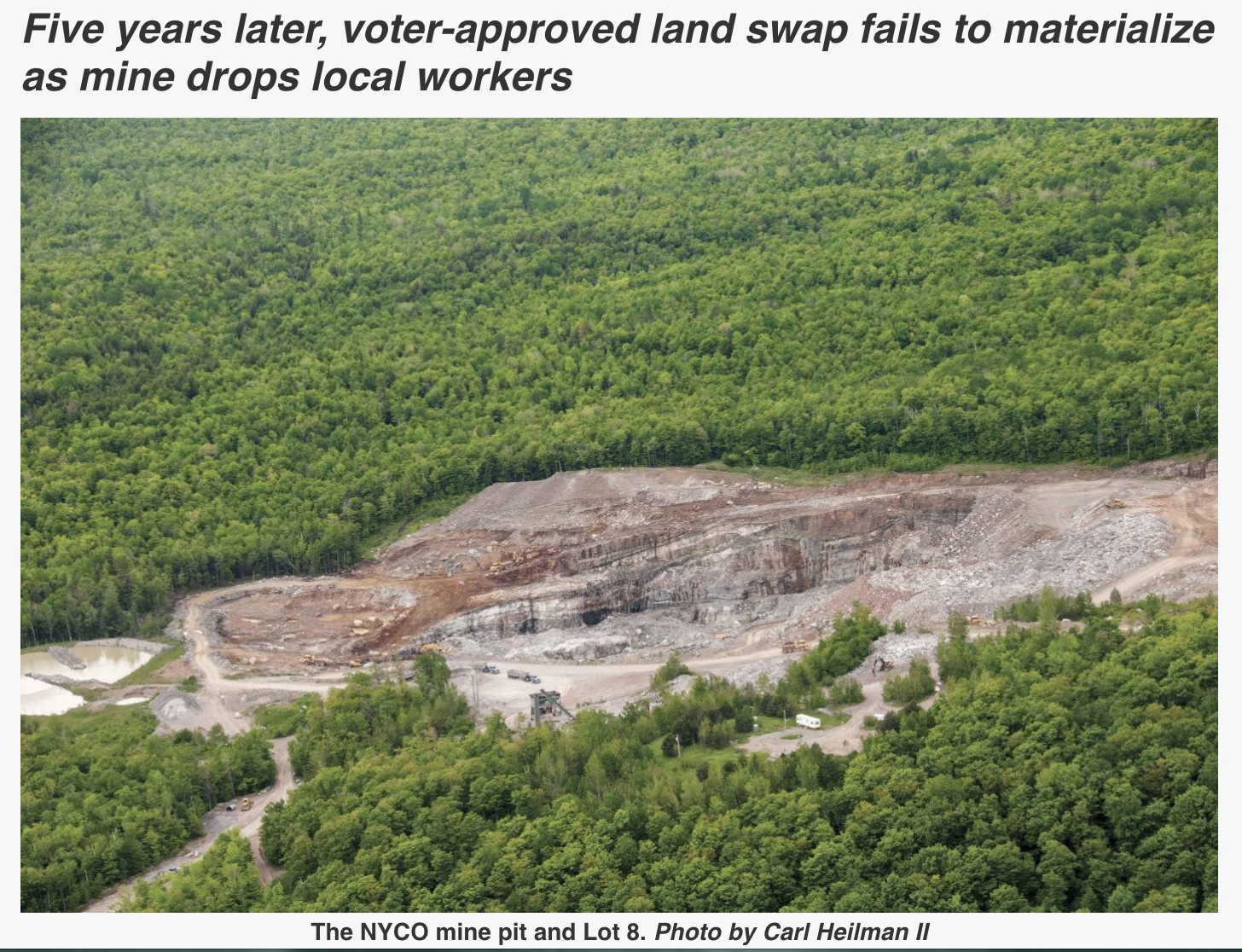
defunct strategies

Just another CUNY Academic Commons site

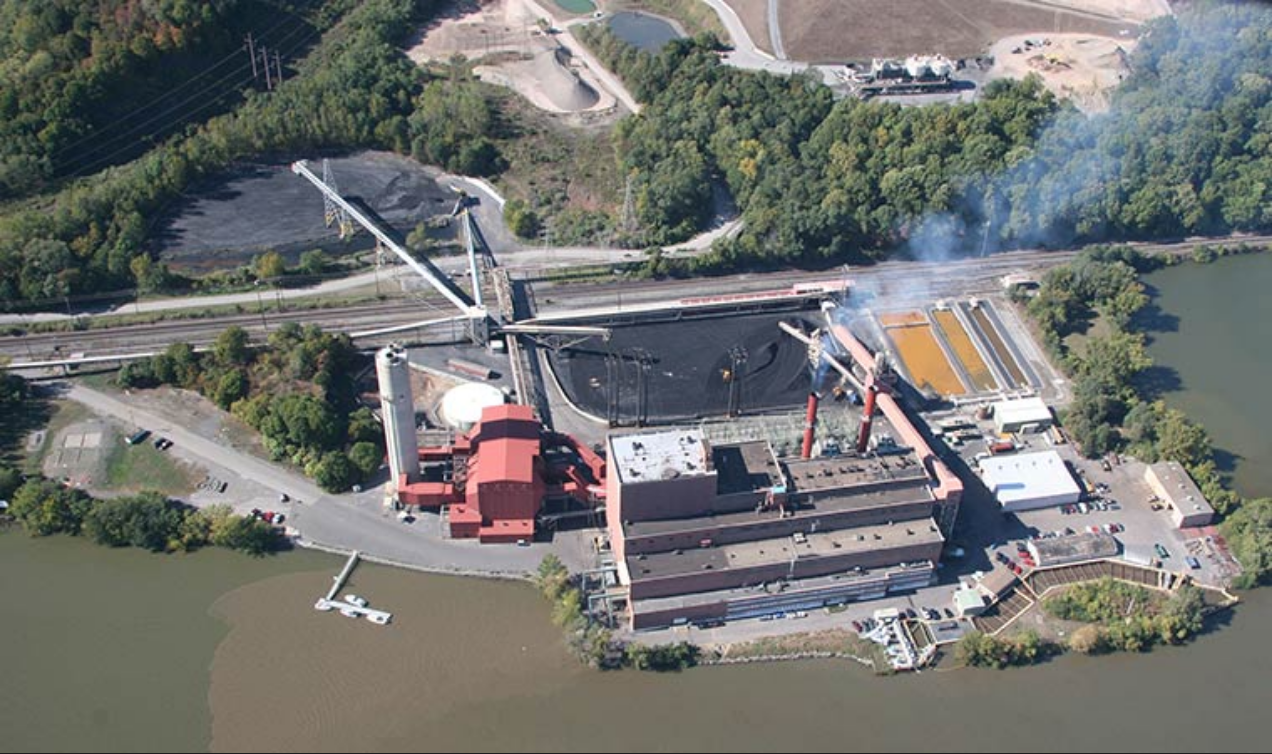
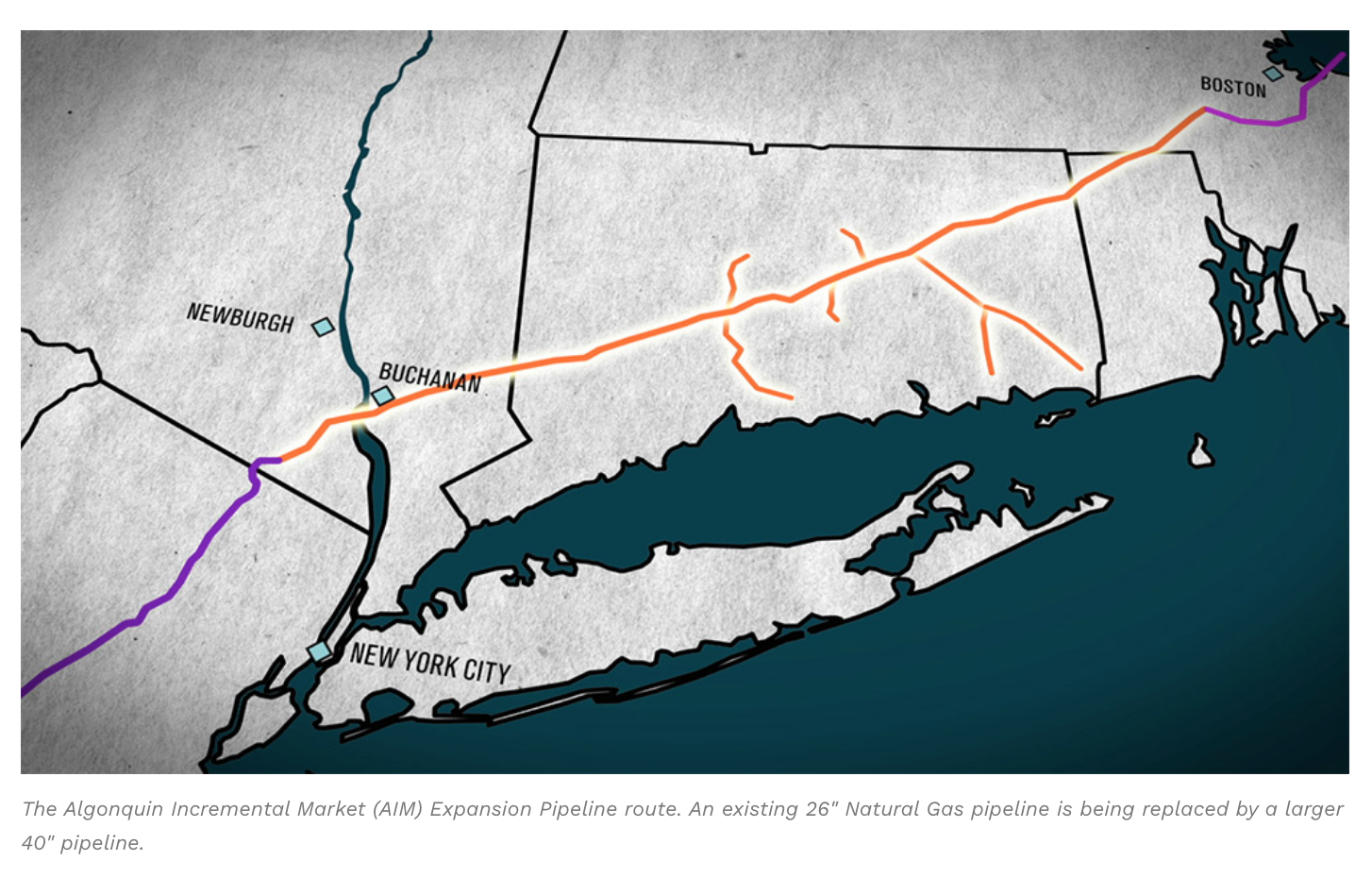
credit Hudson River Stories
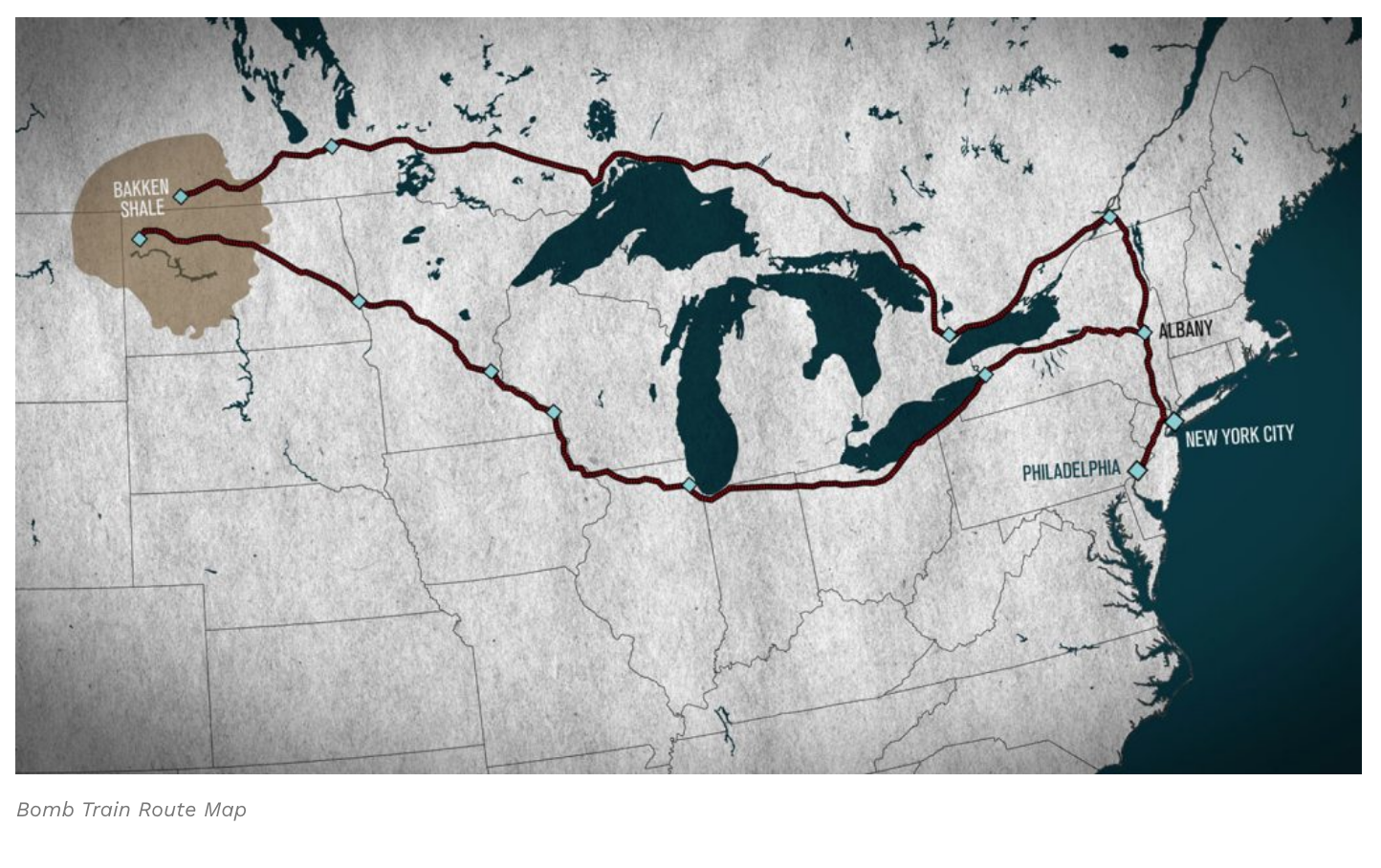
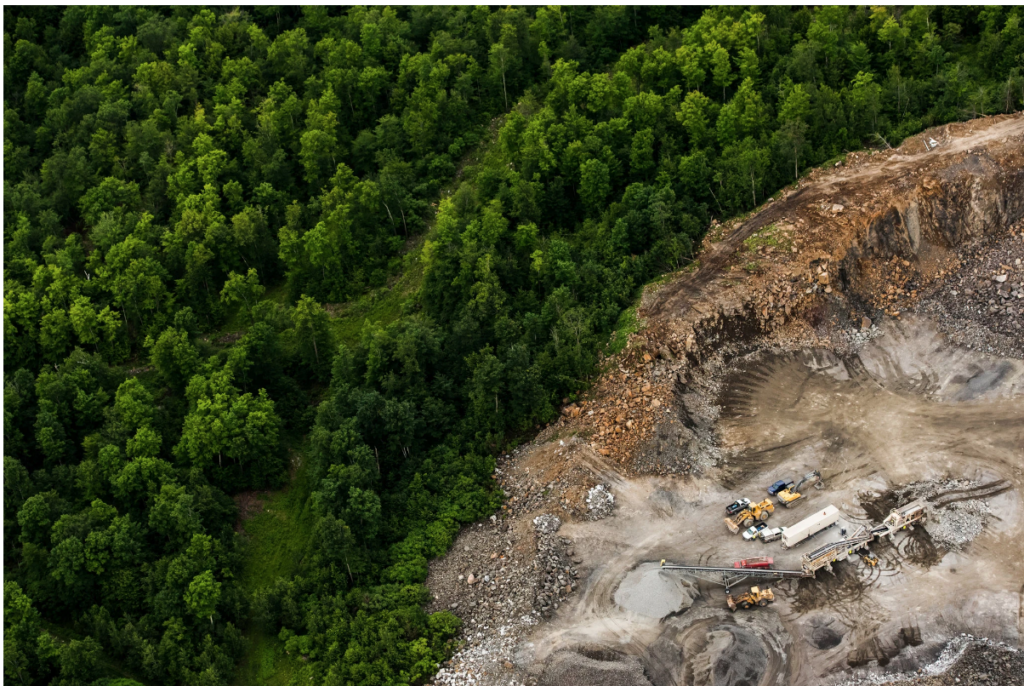
Neo-extractivism as a concept was defined in the first decade of 2000 as progressive governments particularly in South America embraced new forms of extraction, particularly as it pertained to minerals, fossil fuels and monoculture agriculture (Gudynas, 2009). Here the State not only took the role of private companies in their classical extractivist operations, but they enhanced the efficiency of extraction while transforming excedent into new forms of social welfare. Thus, they protected the operations from critique and debate and used these for political purposes. Neo-extractivist social and environmental negative effects were thus neglected or put aside, while arguing that these were the sacrifices needed in order to develop and industrialize the country.
Since then, the term has been widely used to extend to similar operations in all of the global South. The State’s absence or participation is pivotal to understanding the difference between classical and neo-extractionisms. The State’s role has been typically displaced in the global North where the private sector has had a central place in the economy, yet the State is always already backing this regime through a diversity of jurisdictional infrastructure (if nothing else).
Perhaps the term can be applied to extractive operations in and of the global North, challenging the need for a disclosed centrality of the State? Within US and Canada both classical and neo-extractivist operations having to do with fossil-based energy regimes and agricultural practices can be found.
The following article, although covering Canadian territory, unmasks the political roots of resource-based conflicts
https://www.mdpi.com/2076-0787/5/3/55/htm
and a general in depth overview explains it further
one of Buckminster Fuller’s dymaxion maps
the link below will bring you to a repository of counter-extractive operations in the Hudson~Mahicannituk River Estuary bioregion
https://jhitzel25.maps.arcgis.com/apps/Shortlist/index.html?appid=9ebecf7b47f04878a940bd768d8b9bf6
and a sampler of counter-extractive commoning narratives with land:
https://hvfarmscape.org/our-research
http://www.wildseedcommunity.org/
https://usfs.maps.arcgis.com/apps/opsdashboard/index.html#/6221cdf315454ba49e78f5a189b59114
Welcome to the Estuarian Learning Programme